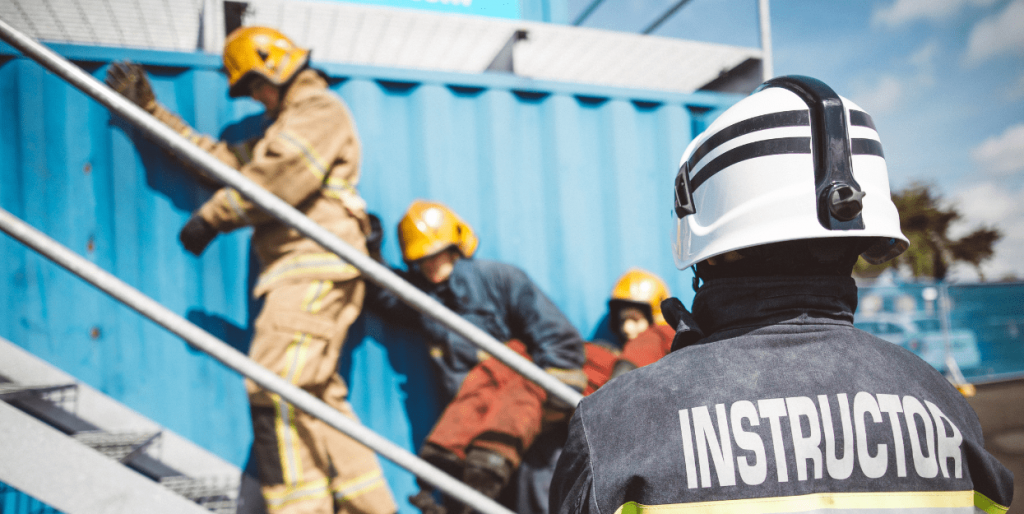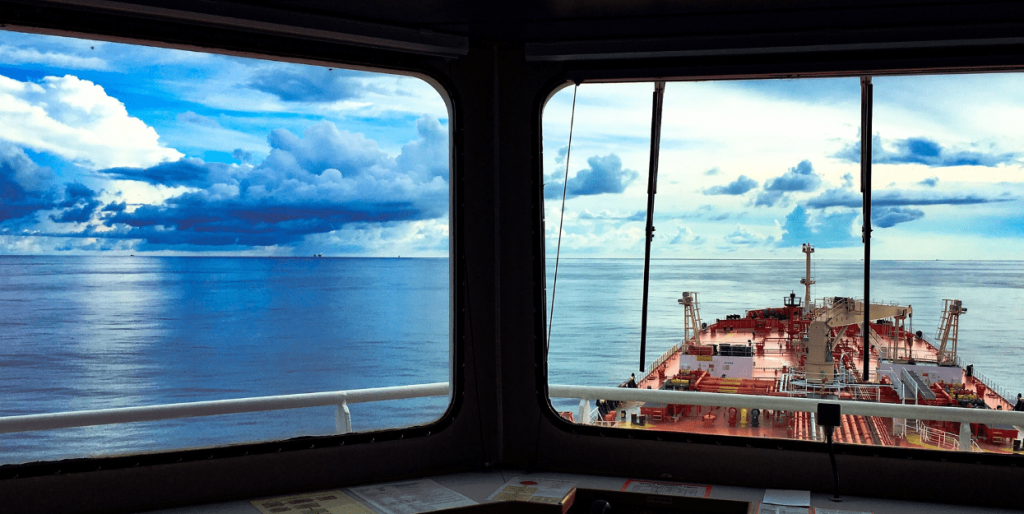Which Maritime Course Should I Take?
If you’re a prospective seafarer or looking to refresh your STCW, and you find yourself asking “Which Maritime Course Should I Take?” then you may be overwhelmed by the number of courses available when pursuing a maritime education. There are a variety of maritime courses offered, each with their own emphasis and focus.
There is no easy answer when it comes to finding the best maritime course. Every individual has different goals and preferences when it comes to your education and career. That said, we can offer advice about the different courses on offer at the Maritime Skills Academy and the opportunities they unlock.
Let’s dive in!
Basic Safety Training (BST)
Of all the courses we offer, our Basic Safety Training (BST) course opens the most doors by far.
The BST course covers all five modules that make up the Basic Standards of Training, Certification and Watchkeeping (STCW) certification, including:
- Fire Prevention & Fire Fighting
- Personal Survival Techniques
- Elementary First Aid
- Personal Safety & Social Responsibilities
- Security Awareness
Holding the Basic STCW certification is a legal requirement for any mariner that works aboard a commercial vessel longer than 24 meters, including ferries, tankers, cruise ships, and more. In addition, the Basic STCW certification is a prerequisite for many more advanced courses that will help you advance your career at sea.
What Jobs Require Basic Safety Training (BST)?
The BST course allows students to pursue jobs aboard commercial vessels longer than 24 meters. More advanced courses may be required for specialised positions, but the course is a fantastic first step for anyone pursuing a career at sea.
STCW Refresher (updating courses as per Manila amendments)
Here are the refreshers that require updating every 5 years
- UPST (0.5 days theory and practical)
- UFP&FF (1 day practical)
- UAFF (1 day theory)
- UPSCRB (0.5 or 1 day Theory and practical)
- UFRB (0.5 day or 1 day theory and practical)
- UPMC (medical care 3 days practical)
These are mandatory for all people that work at sea to retake the courses every 5 years. These are shorter than the full course you would have taken the first time round. You also have the option to self declare onboard training so you can take shortened updating course.

GWO Basic Safety Training (BST)
GWO Basic Safety Training (BST) is an internationally recognised health and safety certification for people working in the wind energy industry. The program covers five key safety topics, including:
- Fire awareness
- First aid
- Manual handling
- Sea survival
- Working at heights
MSA has partnered with Guardian to offer all modules of the GWO BST programme. At MSA Dover, we offer the GWO Sea Survival course, covering the topics:
- Risks related to transfers
- Transfer from vessel to dock and vessel to foundation
- Emergency and safety procedures on installations, vessels, and WTG
- Evacuation from WTG to the water by means of rescue device
- Individual and collective survival techniques at sea
The one-day intensive course combines both theory and practical elements to ensure that students are prepared for any eventuality while working offshore.
What Jobs Require GWO Basic Safety Training (BST)?
The GWO BST is required for all workers in the offshore renewables industry, including:
- Technicians
- Engineers
- Project Managers
- Management Staff
Currently, the UK offshore renewables industry employs 31,000 workers, with that number expected to rise to 97,000 by 2030. In short, the GWO BST course positions you to take advantage of a growing industry with great job prospects.
MCA Approved Engine Course 1 (AEC1)
The MCA Approved Engine Course 1 (AEC1) is a must for anyone looking to pursue a career as a marine engineer or ship operator aboard a commercial vessel under 24 meters in length.
Not only is the course recognised (and often required) by private captains and charter companies, but it is also a required step toward obtaining the Engineer Officer Certificate of Competency from the MCA.
The AEC1 course covers a variety of topics, including:
- Compression ignition engines
- Two- and four-stroke operation cycles
- Fuel systems
- Cooling systems
- Electrical systems
- Lubrication technologies
- Power transmission units
Over the five-day course, students will receive both classroom instruction and hands-on experience with engines, allowing them to put their new knowledge to the test.
What Jobs Require MCA Approved Engine Course 1 (AEC1)?
Although the MCA Approved Engine Course 1 (AEC1) isn’t legally required for work aboard commercial vessels under 24 meters in length, it is typically required (or preferred) by private captains and charter companies.
In addition, the AEC1 course is a necessary step toward obtaining the Engineer Officer Certificate of Competency from the MCA. Obtaining the Engineer Officer Certificate of Competency along with the Basic STCW certification allows holders to serve as chief or first assistant engineer on Merchant Navy vessels of any size.

ECDIS Training (NACOS Platinum)
According to the Manilla Amendment of the STCW Convention, all deck officers of UK-flagged vessels must be certified in the use of Electronic Chart Display and Information Systems (ECDIS). In short, if you want to pursue a career as a deck officer in the UK Merchant Navy, ECDIS training is a must.
The NACOS Platinum course offered at the Maritime Skills Academy is compliant with both the STCW Convention and the latest IMO model course 1.27. The five-day course covers the use ECDIS under a range of voyage conditions, including:
- Pilotages
- Coastal transits
- Ocean passages
- Anchorages
- Harbours and channels
- Dredged areas
What Jobs Require ECDI Training (NACOS Platinum)?
The NACOS Platinum course is a requirement for all deck officers of UK-flagged vessels. In addition, the course is increasingly being requested by shipowners and operators around the world.
Upon successful completion of the NACOS Platinum course, students will receive a certificate of proficiency that is valid for five years.
Launch Your Maritime Career at the Maritime Skills Academy
Unfortunately, there is no single answer to the question, “Which maritime course is best?”
The best maritime course for you will depend on your career goals and the type of vessel you hope to work on.
At the Maritime Skills Academy, we offer a wide range of approved courses that will help you launch your maritime career. To learn more about our courses or to find out which one is right for you, feel free to browse our course catalogue or contact us to discuss your requirements.